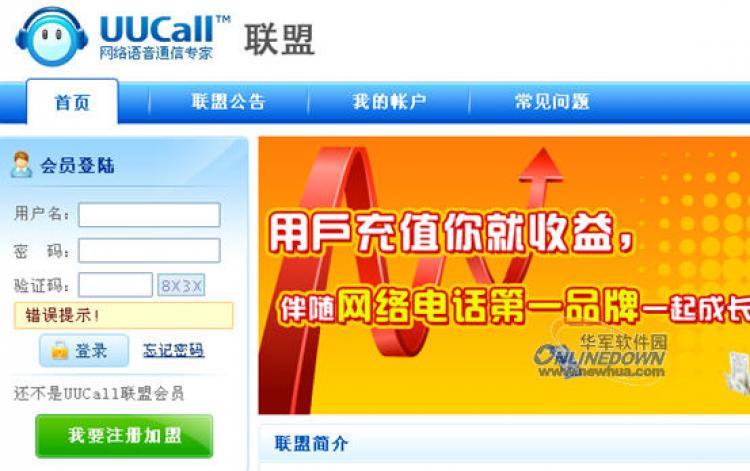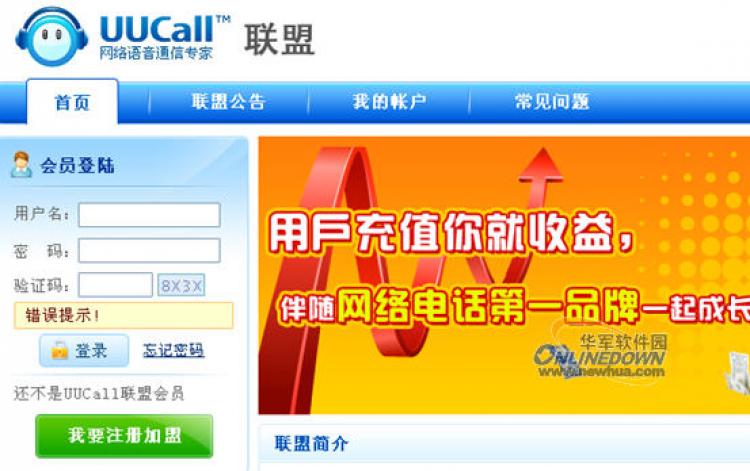‘Subversive’ Messages Lead to Shut Down of Chinese Internet Phone Company
One of China’s largest internet phone service providers suspended its services and apparently shut its website down.

UUCall is type of Internet voice communication software. After logging in the user can dial any phone number anywhere in the world, or another UUCall user. Internet image
|Updated:

